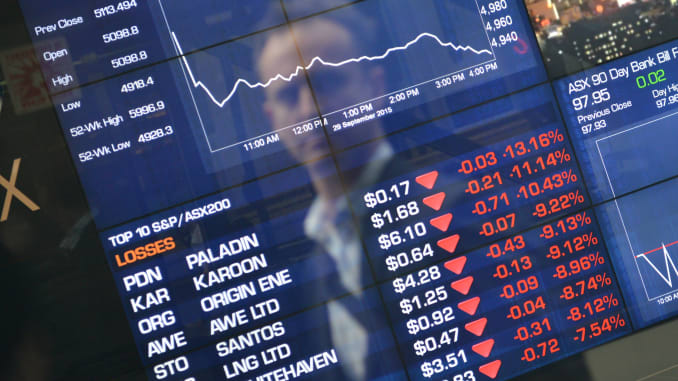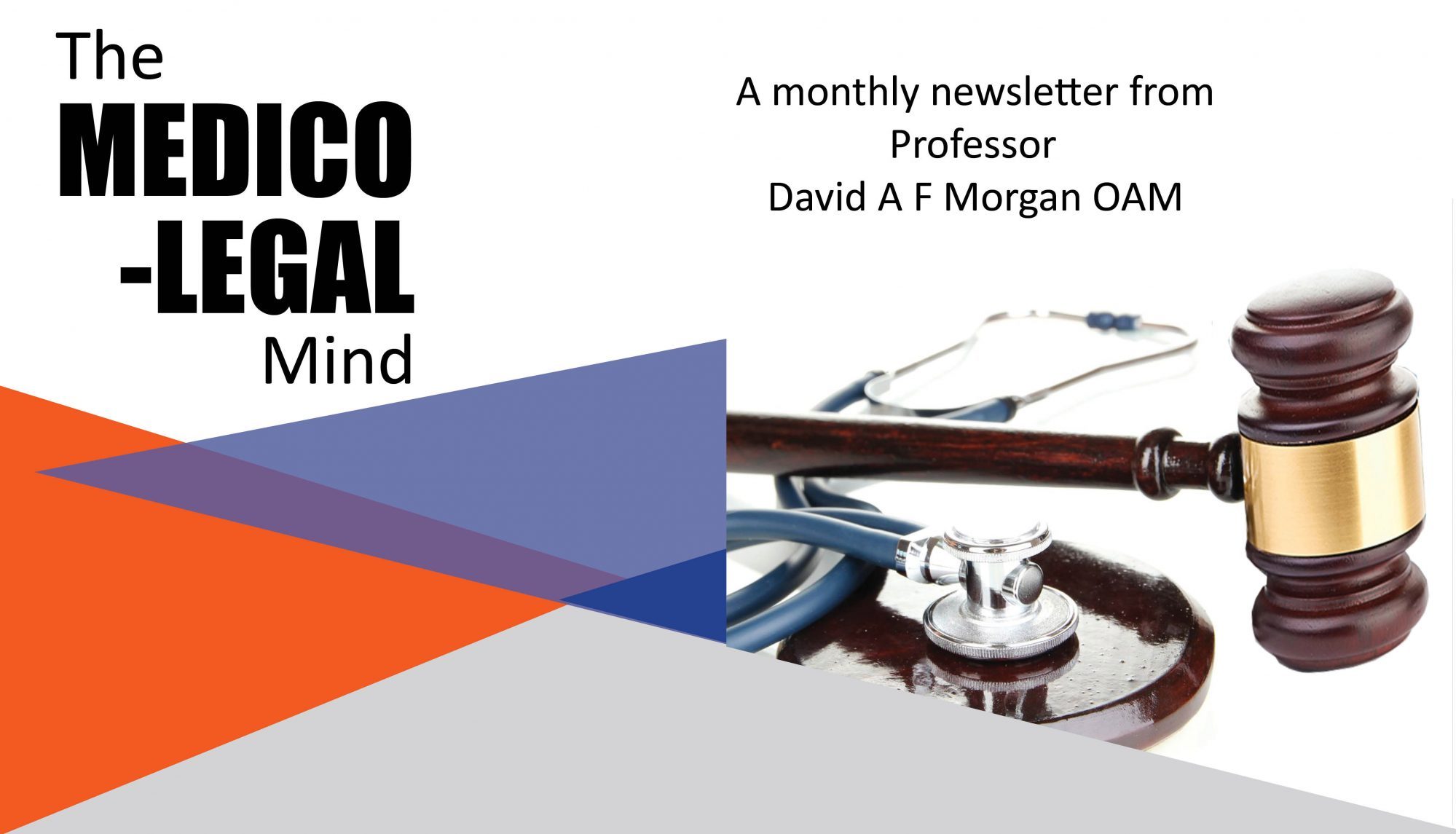LEAD ARTICLE – APRIL 2020
Downturns Can Mean Upturns
Every journalistic piece – printed, visual or auditory – has focussed upon the contagion COVID-19 for the last six weeks or so.

Most of the talk is black. A few brave pundits have predicted an early resurgence of the economy in China. The Australian Government’s fiscal stimuli have been broadly applauded although the long-term effects upon the economy in general are likely to be harsh and repaid only by time and increased taxation.
I began providing medicolegal reports in 1985. Over the subsequent 35 years, I have witnessed a number of important downturns in the Australian share index. The stock market crash of 1987 saw 50% wiped off the index. We then had the recession that Keating believed was inevitable and which took 32% away from the All Ordinaries. The bond crash in the late 1990’s resulted in a 23% loss and the global tech wreck that followed 9/11 evidenced a further 22% drop. The Global Financial Crisis of 2008 yielded a net loss of 55% at its lowest point.

What’s the relevance to medicolegal reporting?
As the economic times get harder, the economy bites deeper and the populace begins to suffer; so do the numbers of personal injury claims increase. The depth or the height of the spikes are inversely proportional. Plaintiffs are more inclined to seek recompense for injuries that are of doubtful seriousness, plaintiff lawyers have a vested interest in pursuing claims that may well prove to be meritorious and defendant lawyers with their insurers are more likely to resist. The litigation that ensues is costly, time consuming and stressful.

It has occurred to me that the real winners (if that is the correct term) are the medicolegal reporters. Every time there has been a “crash”, I have seen the appointment book begin to bulge. I expect that COVID-19 will have the same effect.
